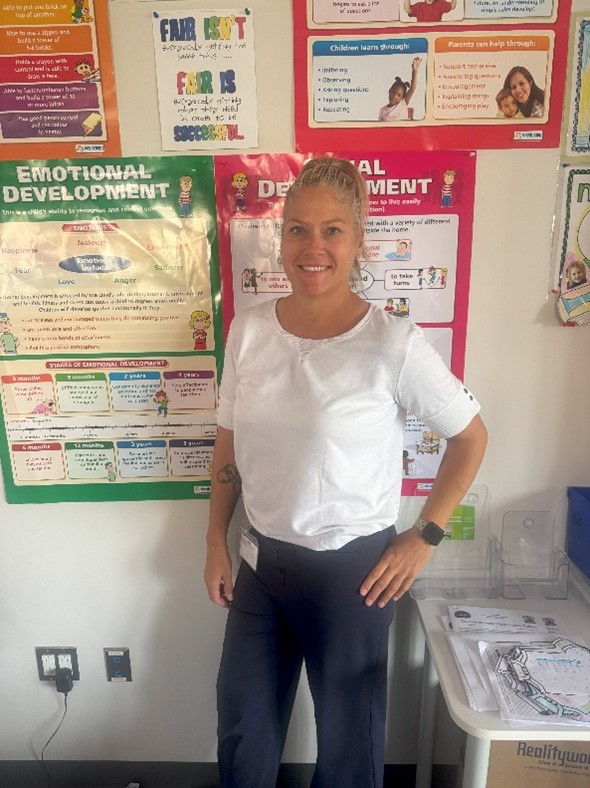Back to School Season: How To

September 17, 2022
After nearly three months of fun and rest, it’s finally time to get back into routine and resume the school grind. There are many things that you can do now to start this year off strong and ensure continued success, the goal being to set systems and habits that will keep you determined not only when enthusiasm is high at the start of the year, but also when motivation faulters and putting in the work isn’t so easy. Here are 10 ideas to help you effectively ease into this new school year:
- Fix your sleep schedule and make a daily routine
If you haven’t already, regulate that sleep schedule—set a time that you will go to bed each night that is, ideally, 8 hours before your wake-up time, and stick to it! You don’t want to be tired at school each day, as you’ll be less mentally present during lessons, meaning you’ll need to work harder to understand concepts, complete homework, and do well. By simply getting enough sleep, you can focus more intently each day during class to minimize the amount of time needed to be spent working outside of school. And, of course, it is so important to make a daily routine—routines are incredibly helpful in creating structure for your days, and having a written routine that gives you an idea as to what each day should look like will certainly help you stay on track and consistent with your work.
- Review syllabi and mark your calendar—IN PENCIL!
Go through your planner/calendar and mark in the dates of your midterms, finals, and any important assessments listed on your syllabi. I like to keep a calendar that shows multiple months ahead, as it allows me to constantly see what to keep on the mental horizon. Because most of these dates are subject to change, I note them in pencil, but just having them easily accessible in your personal planner ensures that when the day of a big exam rolls around, you will be well aware and well prepared.
- Create an organization system
One pro of creating an organization system after the school year starts is that you have an idea of the way each different class functions—if it’s all paper, all digital, or a mix. Decide how you want to store all of your materials—do you prefer one folder per class, or one binder split into multiple sections? Do you want to take notes on loose leaf paper that you keep neatly bound together, or do you want to use a journal? Make these decisions so that you are able to keep track of where everything is and so that it will stay easily accessible year-round.
- Set systems to stay organized
Think about ways to avoid the disastrous mess that your backpack and study space always turns into a few weeks into the semester—for example, when you get home, clean out your backpack and distribute all of the handouts you’ve collected throughout the day, into their correct folders so that the bottom of your backpack won’t be scattered with crumpled notes covered in crumbs and pencil shavings within a week. Set other systems like this that help you avoid the need to do a major clean-out mid-year.
- Designate a ‘nonnegotiable’ schoolwork time
If you struggle to get your homework done, finding yourself constantly distracted by the countless other things you could be doing afterschool, it may be very useful to designate a specific time of day to work on all your homework and study for all your classes. For me, it’s immediately after school—I set aside an uninterrupted hour of dedicated work time. You could also do this for some time before school or right before bed. Whenever it is, make sure you don’t compromise this time for anything trivial—save those activities for when all the boxes on the to-do list are ticked!
- Make some cuts
Once school starts and you get a gauge for how much work you need to put into your classes, it’s time to make some cuts. Don’t overburden yourself with twenty clubs that you can’t physically attend when your workload is already overwhelming—see what fits in your schedule, think about what activities truly bring you joy, and re-evaluate. If you find yourself doing a plethora of random activities for superficial reasons like wanting to impress colleges, I can promise you: that time will be far better spent elsewhere. Make the cuts, and see how realistically achievable your schedule becomes.
- Make an ‘Obligations’ list
Now that you’ve decided what activities you will be participating in, make a list so that you don’t forget about them! I don’t know about you, but I forgot that I was the president of a club over the summer, making it all the more important to have a visible list that constantly reminds me of the obligations I need to attend to.
On the back of a notecard, I wrote down my school-year obligations and put this card on my desk unobstructed from view. I didn’t put EVERYTHING I’m apart of, because if this card gets too cluttered you might actually avoid looking at it altogether—I only put the things that I have real responsibilities for, like the clubs I’m a leader of. Now, when I get home from school and have completely forgotten all that I need to do, I see this notecard and remember my obligations. I urge you to do the same.
- Create a study playlist, and stick to it!
Find the playlists or songs that help you focus, preferably instrumental or classical, and continue to listen to the same ones as you study. Why? If you study for one class to one playlist for long enough, you will begin to associate the two; when you don’t feel motivated to study for that class, turn on the same music, and see the associations and the concepts you’ve studied all come flooding back to you. Association-building takes time, so don’t expect it to work immediately, but after many weeks of consistently linking one class and one playlist together, it’s really cool to see how simply listening to it brings back everything you know.
- Engage yourself outside of the classroom
Definitely one of the more nerdy activities, engaging yourself through supplemental materials outside the classroom is a must when it comes to enjoying your classes and exceeding academically. For history, this may look like reading a book by one of the famous historical figures you’re learning about, watching a documentary of a famous war, or listening to the music of the time period you’re researching. For English, you can do extra research into the author of your assigned book to find out about his or her background and see how this influences the novel, or just read for pleasure outside of school to increase reading stamina. For language, watch a TV show in the language you’re learning. For science and math, stay up to date on the latest discoveries by reading peer-reviewed scientific journals, or research how the concepts that you’re learning about were first discovered and applied. Doing this not only helps you be more informed and therefor far more prepared on test day, but it also helps you to see how cool these subjects really are and how much they truly apply to the world around us.
- Write down your motivators
This is one of my favorites, and proves fruitful throughout the entirety of the school year—find what motivates you, and keep it somewhere accessible and referenceable for when you’re feeling especially unmotivated. Maybe it’s a career, a college, a role model, or even just a personal goal, but write it down alongside a few quotes that motivate you, and see how much they help when you really need them.
I hope that these 10 tips helped—I believe in you to achieve all your goals and make this school year great!


























